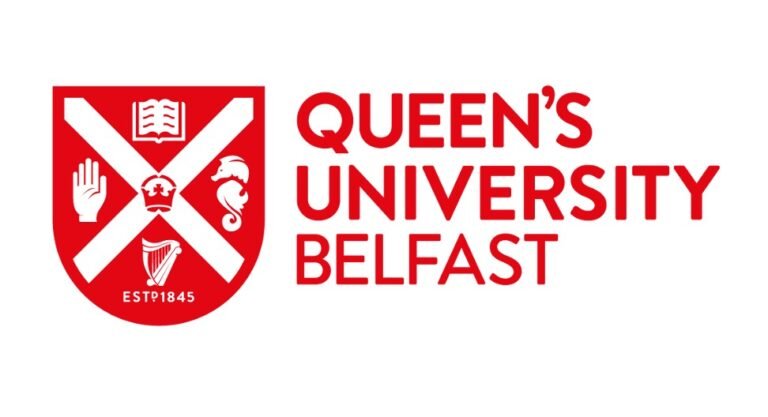Overview
The sixth generation (6G) of wireless networks represents the next frontier in communication, advancing beyond traditional communication services to offer solutions tailored for various vertical sectors. Importantly, 6G aims to integrate communications and sensing, known as Integrated Sensing and Communication (ISAC). This integration enhances environmental awareness, enabling precise localization of users and objects, and facilitates a range of innovative services and applications, including intelligent transportation, security, healthcare, and air quality monitoring. With high-frequency bandwidths and massive/extremely large (XL) MIMO technologies—expected to be widely employed in 5G and beyond—future communication signals will achieve high resolution in both the time and angular domains, opening possibilities for more precise ISAC applications.
XL antenna arrays, consisting of hundreds or even thousands of antenna elements at base stations or reflecting elements at reconfigurable intelligent surfaces (RISs), can significantly enhance performance, such as spectral efficiency. The anticipated deployment of XL antenna arrays in future 6G networks—particularly in high-frequency bands—is expected to shift wireless operations into the radiating near-field (Fresnel) region, unlike conventional wireless systems, which typically operate in the far-field region. This shift necessitates novel methodologies for designing near-field signal processing schemes and transceivers tailored to ISAC in wireless environments. This project aims to explore holographic and XL-MIMO architectures to enable ultra-reliable communications and to develop energy-efficient near-field beamforming techniques for ISAC-enabled XL-MIMO systems.
Funding Information
To be eligible for consideration for a Home DfE or EPSRC Studentship (covering tuition fees and maintenance stipend of approx. £19,237 per annum), a candidate must satisfy all the eligibility criteria based on nationality, residency and academic qualifications.
To be classed as a Home student, candidates must meet the following criteria and the associated residency requirements:
• Be a UK National,
or • Have settled status,
or • Have pre-settled status,
or • Have indefinite leave to remain or enter the UK.
Candidates from ROI may also qualify for Home student funding.
Previous PhD study MAY make you ineligible to be considered for funding.
Please note that other terms and conditions also apply.
Please note that any available PhD studentships will be allocated on a competitive basis across a number of projects currently being advertised by the School.
A small number of international awards will be available for allocation across the School. An international award is not guaranteed to be available for this project, and competition across the School for these awards will be highly competitive.
Academic Requirements:
The minimum academic requirement for admission is normally an Upper Second Class Honours degree from a UK or ROI Higher Education provider in a relevant discipline, or an equivalent qualification acceptable to the University.
Entrance requirements
Graduate
The minimum academic requirement for admission to a research degree programme is normally an Upper Second Class Honours degree from a UK or ROI HE provider, or an equivalent qualification acceptable to the University. Further information can be obtained by contacting the School.
International Students
For information on international qualification equivalents, please check the specific information for your country.
English Language Requirements
Evidence of an IELTS* score of 6.0, with not less than 5.5 in any component, or equivalent qualification acceptable to the University is required (*taken within the last 2 years).
International students wishing to apply to Queen’s University Belfast (and for whom English is not their first language), must be able to demonstrate their proficiency in English in order to benefit fully from their course of study or research. Non-EEA nationals must also satisfy UK Visas and Immigration (UKVI) immigration requirements for English language for visa purposes.
For more information on English Language requirements for EEA and non-EEA nationals see: www.qub.ac.uk/EnglishLanguageReqs.
If you need to improve your English language skills before you enter this degree programme, INTO Queen’s University Belfast offers a range of English language courses. These intensive and flexible courses are designed to improve your English ability for admission to this degree.
How to Apply
Apply using our online Postgraduate Applications Portal and follow the step-by-step instructions on how to apply.
Find a supervisor
If you’re interested in a particular project, we suggest you contact the relevant academic before you apply, to introduce yourself and ask questions.
To find a potential supervisor aligned with your area of interest, or if you are unsure of who to contact, look through the staff profiles linked here.
You might be asked to provide a short outline of your proposal to help us identify potential supervisors.



